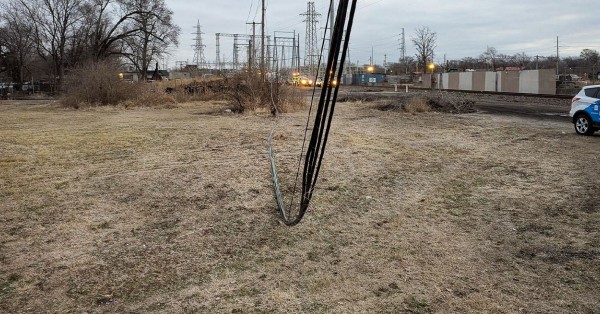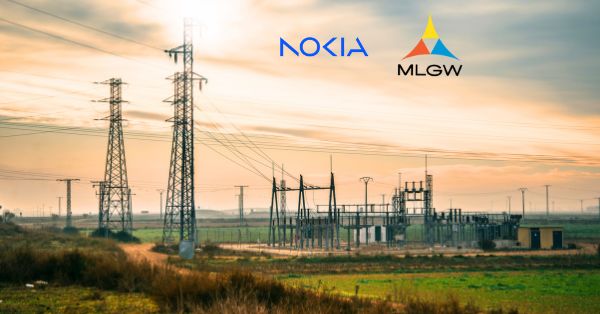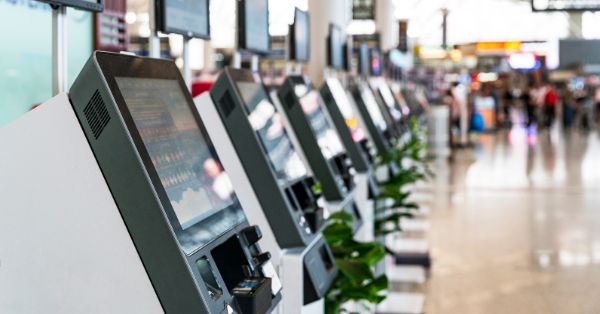200% Rise in Critical Infrastructure Attacks on Spectrum’s Missouri Network
Charter Communications is sounding the alarm over a wave of coordinated criminal activity targeting its fiber network in Missouri. The company reports a 200% year-over-year surge in felony-level attacks through July 2025, which have disrupted not only residential and business connectivity, but also vital emergency communications. These incidents, the company says, amount to acts of domestic terrorism.
“This is about more than inconvenience,” said Tom Monaghan, Executive Vice President of Field Operations at Charter. “These are felony attacks that sever access to critical infrastructure, disrupt emergency communications, and endanger lives. We’re calling for stronger law enforcement action, more prosecutions, and heightened public vigilance.”
Impact on Emergency Services and National Infrastructure Security
The attacks have affected a wide range of critical services, including:
- Emergency services and 911 dispatch systems
- Fire and police departments
- Federal agencies
- Financial institutions and court systems
- Hospitals and healthcare facilities
- Educational institutions
- Cell towers supporting mobile communications
So far in 2025, Spectrum has recorded 148 network outages in Missouri alone due to intentional fiber cuts. These incidents mirror a significant June 15 attack in Van Nuys, California, which Charter also classified as domestic terrorism due to its widespread impact and strategic targeting of key service areas.
“These attacks aren’t just vandalism,” said FBI Special Agent in Charge Chris Crocker of the St. Louis Field Office. “They are calculated assaults on critical services that put the public at serious risk. Public cooperation is essential to stopping this threat.”
Telecom Infrastructure Attacks Rise Nationwide, Threatening Connectivity
This isn’t an isolated issue. Across the U.S., telecom providers reported nearly 6,000 intentional infrastructure attacks from June to December 2024. These incidents are part of a rising national trend, threatening access to life-saving resources and undermining telecommunications resiliency.
State Laws Emerge Amid Rising Fiber Attacks; Federal Action Still Lacking
So far, 28 states — including Missouri — have passed legislation making such attacks felony crimes. Eleven of those laws were enacted just this year. However, Charter argues that more must be done. Federal legislation is still lacking, and stronger penalties are needed to serve as an effective deterrent.
“Prosecution must be a priority,” the company emphasized. “The criminals responsible for jeopardizing public safety and national security should face full legal consequences.”
Public Urged to Report Missouri Fiber Attacks as $25K Reward Offered
To combat this rising threat, Charter is encouraging public involvement. The company is offering a $25,000 reward for information leading to the arrest of those involved in these attacks. Anyone with knowledge of such activities is urged to contact Spectrum at 833-404-TIPS (8477) or reach out directly to local law enforcement.
Why Protecting Fiber Networks Is Critical for Public Safety
Reliable fiber networks form the backbone of modern communication. From emergency dispatch systems and mobile connectivity to healthcare and financial services, a single targeted cut can paralyze essential services for entire communities. Protecting this infrastructure is essential for building secure, resilient, and responsive communities.
About Charter Communications
Charter Communications, Inc. (NASDAQ: CHTR) is one of the largest broadband connectivity providers in the U.S., serving more than 57 million homes and businesses across 41 states under its Spectrum brand. The company offers internet, TV, mobile, and voice services through its advanced communications network powered by a 100% U.S.-based workforce.






























